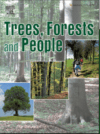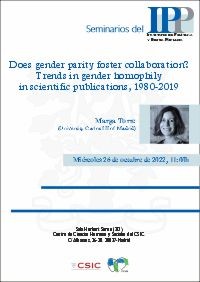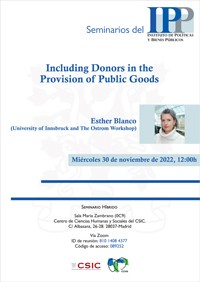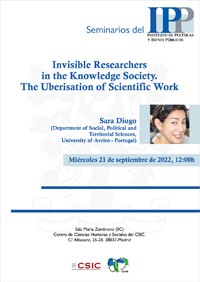Koronka, J., Ovando, P., Vergunts, J., 2022. Understanding values beyond carbon in the Woodland Carbon Code in Scotland. Trees, Forest and People 9, 100320

Abstract. Many governments and organisations are encouraging carbon dioxide capture in woodlands through the creation of markets that commodify forest carbon. These schemes can connect different values in local landscapes and global environmental responses to climate change, which go beyond increasing the cost-effectiveness of carbon offsetting. In this paper we use the UK Woodland Carbon Code (WCC) to explore the values and meanings brought to the WCC by landowners, forest developers and carbon buyers, with a focus on Scotland.





